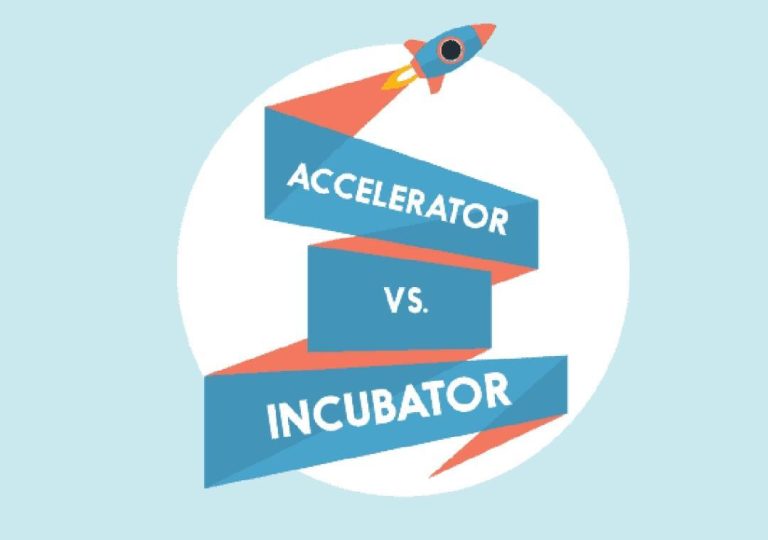
AI, Creators & Tier-2 Cities Power India’s Startup Growth
India’s startup ecosystem has witnessed remarkable growth in recent years, driven by the adoption of cutting-edge technologies, innovative business models, and a rapidly expanding consumer base. A recent report by Meta-A&M, a leading growth consulting firm, has shed light on the key trends shaping India’s startup landscape. The report highlights the increasing importance of AI, omnichannel marketing, Tier-2 and Tier-3 city expansion, and creator-driven branding in the country’s startup growth story.
AI Adoption: The Game-Changer
According to the report, an impressive 70% of Indian startups are now leveraging Artificial Intelligence (AI) to drive innovation, improve efficiency, and enhance customer experiences. AI’s ability to process vast amounts of data, identify patterns, and make predictions has made it an indispensable tool for startups seeking to stay ahead of the competition. By incorporating AI-powered solutions, Indian startups can automate routine tasks, personalize interactions with customers, and make data-driven decisions.
The adoption of AI is particularly evident in the fintech and edtech sectors, where startups are using machine learning algorithms to develop predictive models, detect fraud, and offer personalized services to users. For instance, fintech companies like Paytm and PhonePe are using AI-powered chatbots to provide 24/7 customer support and help users manage their financial transactions more effectively. Similarly, edtech platforms like Byju’s and Unacademy are employing AI-driven learning tools to personalize educational content and improve student outcomes.
Omnichannel Marketing: The New Reality
Another significant trend in India’s startup landscape is the adoption of omnichannel marketing strategies. The report reveals that 67% of startups are now using multiple channels, including social media, email, messaging apps, and in-app notifications, to engage with customers and promote their products or services. Omnichannel marketing enables startups to provide a seamless and consistent brand experience across all touchpoints, fostering deeper customer relationships and driving business growth.
Indian startups are leveraging omnichannel marketing to reach a wider audience, increase brand visibility, and drive conversions. For example, e-commerce platforms like Flipkart and Amazon are using social media, email, and messaging apps to promote their products, offer personalized recommendations, and provide timely updates to customers. Similarly, food delivery startups like Zomato and Swiggy are using in-app notifications, social media, and email marketing to keep customers informed about orders, promotions, and loyalty programs.
Tier-2 and Tier-3 City Expansion: The Untapped Opportunity
The report also highlights the growing importance of Tier-2 and Tier-3 cities in India’s startup growth story. An astonishing 95% of startups are now targeting smaller cities, recognizing the vast untapped potential of these markets. Tier-2 and Tier-3 cities are home to a large and growing middle class, with increasing disposable incomes and a growing demand for digital services.
Indian startups are expanding into smaller cities to tap into the immense potential of these markets. For instance, fintech companies like Paytm and Google Pay are offering mobile payment services, while e-commerce platforms like Flipkart and Amazon are expanding their logistics networks to reach smaller cities. Edtech platforms like Byju’s and Unacademy are also expanding their reach to Tier-2 and Tier-3 cities, offering affordable and accessible educational content to students.
Creator Economy: The New Frontier
The report also emphasizes the growing importance of the creator economy in India’s startup landscape. An impressive 88% of startups are now partnering with influencers and content creators to promote their products or services. The creator economy has given rise to a new generation of entrepreneurs, who are leveraging their social media presence and expertise to build successful businesses.
Indian startups are partnering with creators to reach a wider audience, increase brand awareness, and drive conversions. For example, beauty and wellness startups like Nykaa and Plum are partnering with influencers to promote their products, while food delivery startups like Zomato and Swiggy are partnering with popular food bloggers to showcase their offerings.
Conclusion
India’s startup ecosystem is evolving rapidly, driven by the adoption of AI, omnichannel marketing, Tier-2 and Tier-3 city expansion, and creator-driven branding. These trends are reshaping how startups scale, connect with users, and build future-ready brands across India. As the Indian startup ecosystem continues to grow and evolve, it is essential for entrepreneurs, investors, and policymakers to stay informed about the latest trends and developments.
Source:






